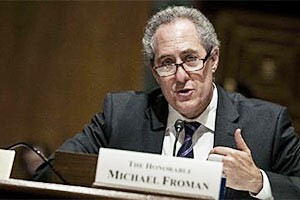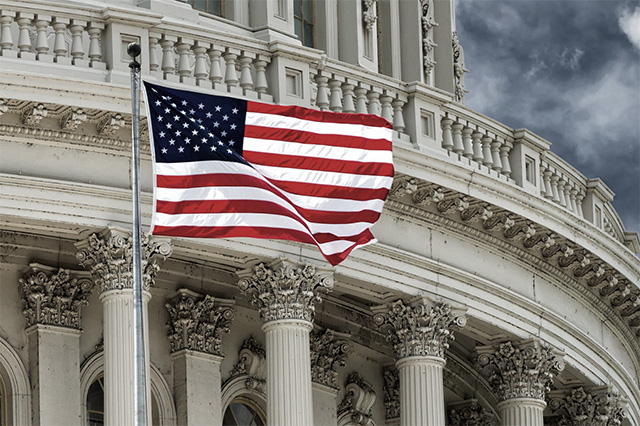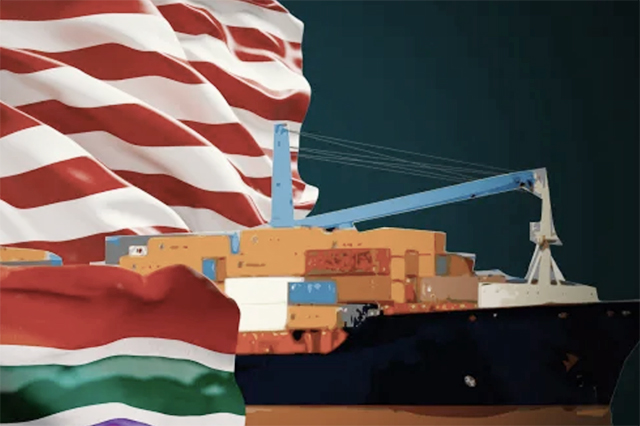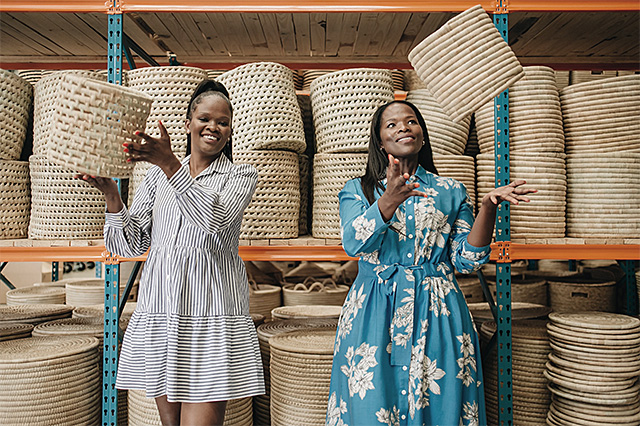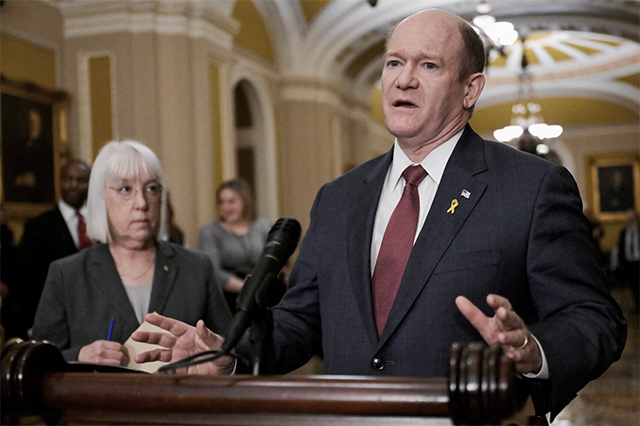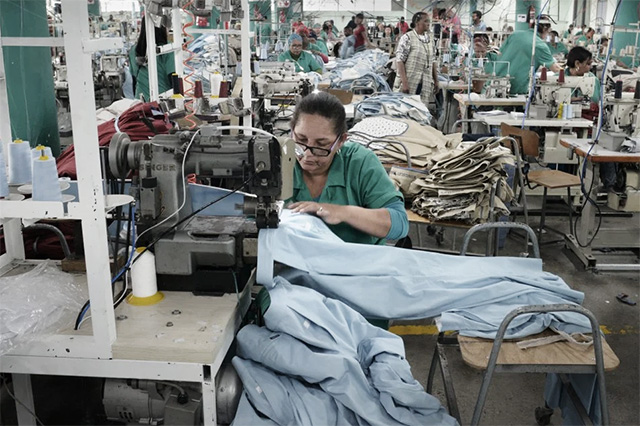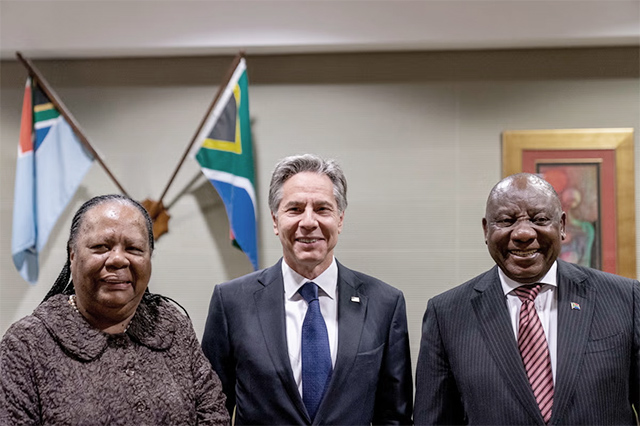AGOA renewal: Chicken dispute unlikely to scuttle trade boon
South Africa will continue to have preferential access to the US market under the African Growth and Opportunity Act (Agoa) 10-year extension bill introduced in the US Congress late last week, assuming no major alterations are made between now and whenever President Barack Obama signs it into law. That is the good news.
Whether SA’s exporters will get to enjoy Agoa’s benefits for the full decade is another matter. The prospect of SA’s exclusion over the chicken dispute has receded.
The new danger is payback for discrimination US companies say they are facing as a result of the SA-European Union Free Trade Agreement. The bipartisan bill also calls for a review of SA’s commitment to market-based economics, property rights and "an open rule-based trading system".
For now, however, a bullet has been dodged.
The Senate champions of US big chicken, Republican Johnny Isakson and Democrat Chris Coons, appear to have overplayed their hand when they threatened to hold up Agoa’s renewal for all of Africa unless SA removed antidumping duties on their constituents’ frozen legs and wings.
Pro-trade Republican leaders on Capitol Hill are scratching for every Democratic vote they can get to secure Trade Promotion Authority (TPA) for Mr Obama, with whom they are, for once, in agreement. He needs this to conclude the Trans-Pacific Partnership, the trade deal to counterbalance China, for which he is negotiating with 11 countries on either side of the Pacific.
Senator Orrin Hatch and congressman Paul Ryan, chairmen respectively of the Senate finance and House of Representatives ways and means committees, are using Agoa, which has strong Democratic support, as a hostage to win votes for TPA, which does not. It does not serve their purpose to have Mr Isakson and Mr Coons kill the hostage over something as silly (in relative terms) as the fight between the South African Poultry Association (Sapa) and the USA Poultry and Egg Export Council (Usapeec).
Nor do the two senators themselves have an interest in blowing up the centrepiece of US-Africa trade relations over a few thousand tonnes of drumsticks. Chicken may be big in their states, but it is not the only interest group to which they need to listen.
The US trade community knows that if Usapeec and the National Chicken Council had a solid complaint against SA’s anti-dumping duties, the US Trade Representative’s office would have long ago taken it to the World Trade Organisation.
The US Trade Representative hasn’t done that, to avoid a self-inflicted wound. Not only would SA be likely to prevail, there is a risk that in hearing the matter, the World Trade Organisation would invalidate a method the US relies on when using the antidumping remedy to protect industry.
For the benefit of their constituents, Mr Isakson and Mr Coons can be expected to keep up the fighting talk as they beat a strategic retreat. In this regard, Mr Isakson’s colloquy in the finance committee with the US Trade Representative office’s Michael Froman on Thursday was instructive. "We have been trying to use the Agoa extension as a lever to get (the South Africans) to come to the table … and come up with a quota that made sense for both," the senator said.
"After my meeting this morning (with Trade and Industry Minister Rob Davies), I think senator Coons would agree with me, we became concerned that this is a matter of rope-a-dope with SA and they would like to string us out until Agoa gets renewed, and then they’ll forget ever talking about it."
Mr Isakson conceded that he and his colleague had had to abandon their strategy to wring concessions from Sapa. "I don’t want Agoa to become subject to one country’s trade violations…. It would be a shame for the continent of Africa to suffer because one participant in the continent refused to co-operate."
He also acknowledged that, compared with legislation to let Mr Obama conclude trade deals with Pacific Rim partners and, after that, the European Union (EU), Agoa was "a footnote".
So Sapa CEO Kevin Lovell may now have a stronger hand to play as he and Usapeec president James Sumner haggle to find the "sweet spot" Mr Davies talks about. As disclosed on Thursday by SA’s new US ambassador, Mninwa Mahlangu, the latest Sapa offer was an annual quota of 45,000 tonnes at the most favoured nation (normal) tariff, while Usapeec was demanding 125,000 tonnes.
Mr Isakson asked for Mr Froman’s support in amending the Agoa bill, to threaten SA with graduation from Agoa after three years, if it failed to open its market. Mr Froman, fresh from meeting Mr Davies, to whom he had "made clear we are not seeing sufficient progress at this point", replied that "we would be happy to work with you", Washington-speak for "we are not entirely sold on your idea".
As its stands, the Agoa renewal bill says nonbindingly that the US Trade Representative should, within 30 days of passage, review SA’s compliance with the act’s eligibility conditions. This is the only time in the bill any country is singled out by name. The review would focus on whether SA was making "continual progress towards establishing … a market-based economy that protects private property rights, incorporates an open rules-based trading system and minimises government interference in the economy".
Much of what is substantive and new in the bill deals with compliance. One section gives the US president the ability to take steps against noncompliers short of total denial of benefits.
Another makes its possible for "any interested person" to petition the US Trade Representative "with respect to the compliance of any" Agoa country "with the eligibility criteria in section 502" of the 1974 Trade Act.
This covers the US Generalised System of Preferences, the broader market access programme for developing countries from which Agoa is derived.
Section 502 declares as ineligible for the Generalised System of Preferences, and by implication Agoa, any country that "affords preferential treatment to the products of a developed country, other than the US, which has, or is likely to have, a significant adverse effect on US commerce".
As part of a review of Agoa when he took office, Mr Froman commissioned a classified study entitled, EU-SA Free Trade Agreement: Impact on US Exports to SA. US companies have complained the effect is significant. The US Trade Representative wanted to know which US products were being affected and what would happen if SA were to reduce tariffs on them to levels enjoyed by the EU.
Last week, in a meeting at the US Trade Representative office, ambassador Faizel Ismail, SA’s special Agoa envoy, came under heavy pressure to give the US, and by implication everyone else, the same tariff rates SA negotiated with the EU under their Trade and Development Co-operation Agreement.
Bill H.R. 1891 can be downloaded from AGOA.info at the following LINK.


